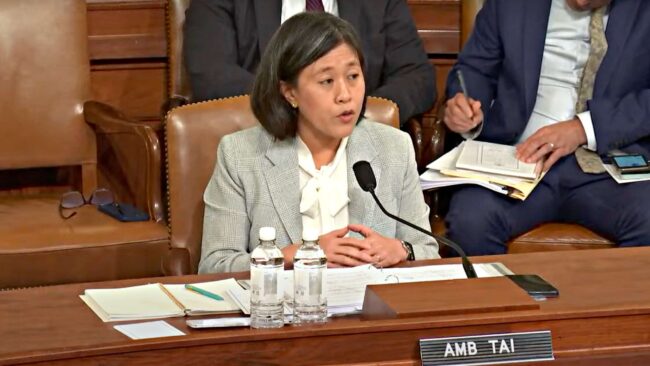CPA Applauds Biden Administration Actions to Strengthen U.S. Solar Manufacturing Industry
Today’s announcement is a welcome signal step by the Biden administration that it recognizes the importance of supporting America’s solar manufacturing industry and that a whole-of-government approach is needed to counter China’s actions to dominate the global solar supply chain.












